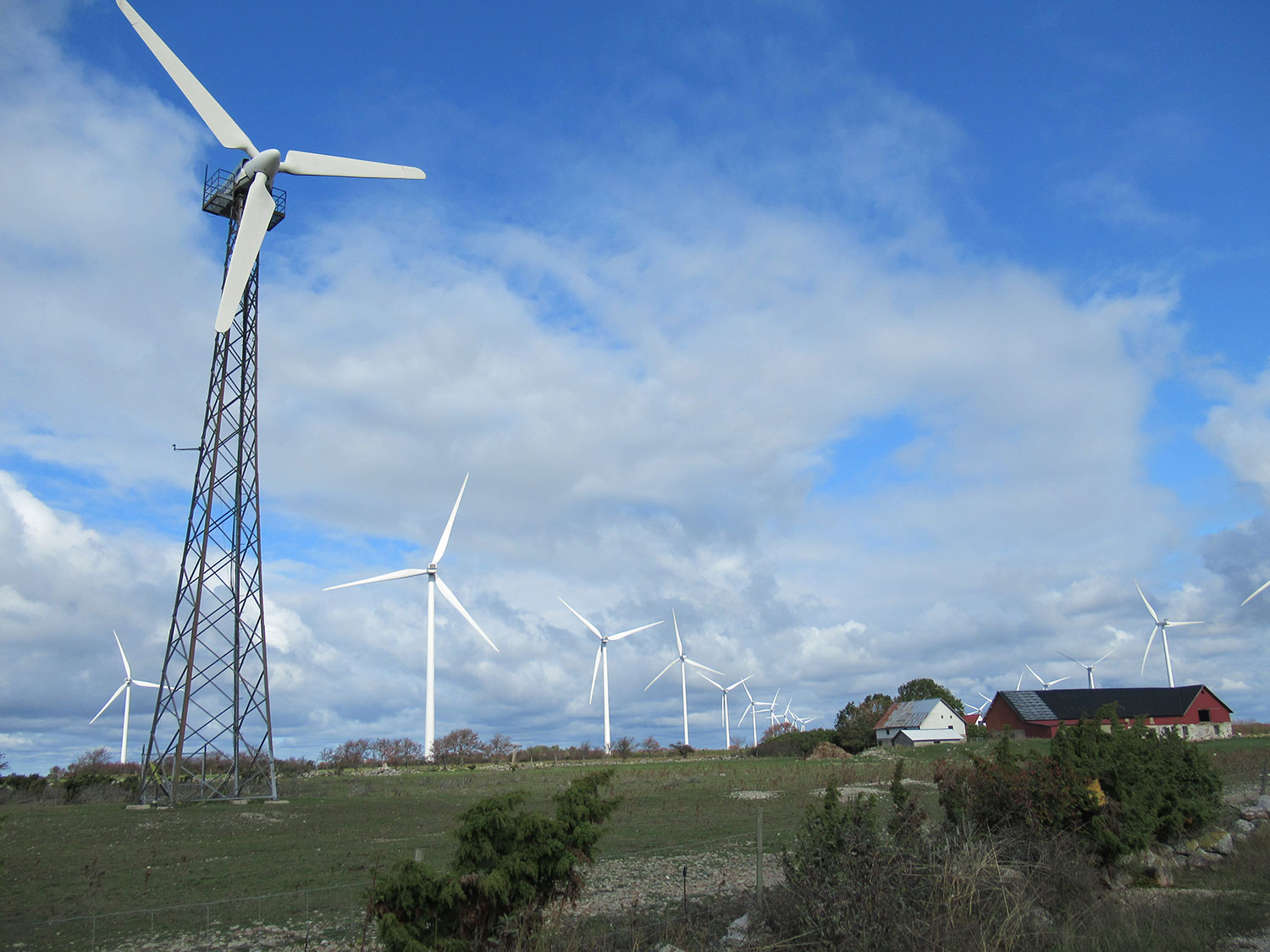Zero Emission
Nomura Research Institute, Ltd.
Outline
The NRI Group set targets of reducing greenhouse gases 55% by fiscal 2030 compared to fiscal 2013, as well as 36% usage of renewable energy at data centers.
We have also set the additional goal of all energy consumed in the NRI Group coming from renewable sources in fiscal 2050.
NRI Group is replacing its old data centers with new, energy efficient ones, and has reduced greenhouse gas emissions by 38% compared to FY2013. But, we understand the limits of energy efficiency alone to be a reduction between 39% to 47% maximum, and therefore plan to achieve the remaining 5% to 16% reduction by procuring energy from renewable sources.
Furthermore, NRI Group Data centers employ a shared online service model when operating. This means that on a trial calculation NRI’s data center clients utilize 73.9% less CO2 by using our service than they would if they were to conduct data center operations on their own.
In other words, if NRI Group continues to reduce its greenhouse gas footprint and increases users of its data centers, this will lead to an overall reduction in greenhouse gasses for society as a whole.
Description
At Tokyo Data Center of NRI Group I we achieved a substantial reduction in energy consumption by adopting our "double-deck system," which can be hailed as the shape of data centers to come, and combining multiple energy saving technologies based this system.
The "double deck" system is a system that completely separates the floor where the server equipment is placed and the floor where facilities-related equipment such as the air-conditioning and power supplies are installed. Separating heat-generating sources from the cooling system makes it possible to achieve highly efficient and flexible air conditioning, and greatly reduce power consumption. NRI is working to improve air-conditioning efficiency by combining task air-conditioning to provide zone cooling for high-temperature spaces with ambient air-conditioning, which cools an entire computer room to an average temperature.
We will continue with this technological innovation going forward in realizing even further energy reduction.
We are procuring renewable energy in line with the RE100 criteria and other methods that meet international standards. We recognize that there are many challenges in the procurement of renewable energies in Japan from the three perspectives of "creation," "connection," and "use, and we will continue to work with suppliers and other related parties in solving the many challenges that exist. These include deregulation, price reduction, full-scale separation of generation and transmission and connect and manage, PPA, and the establishment of a tracking system that meets international standards.
NRI also plans to study and implement green finance methods for renewable energy procurement as we increase the green finance market in Japan.
NRI issued the first corporate green bond in Japan in September 2016 in order to acquire a new, energy efficient building, after which, the Japanese green bond market grew. We continue to study new fund-raising methods with which to procure renewable energy.
Specifically, we are considering a procurement method using digital securitization using blockchain technology.
Furthermore, we will continue to strive to reduce greenhouse gas emissions all over society and increase the user numbers of our energy efficient shared online service model.
Supplementary information
NRI Green Style Activities
https://www.nri.com/en/sustainability/environment/greenstyle

